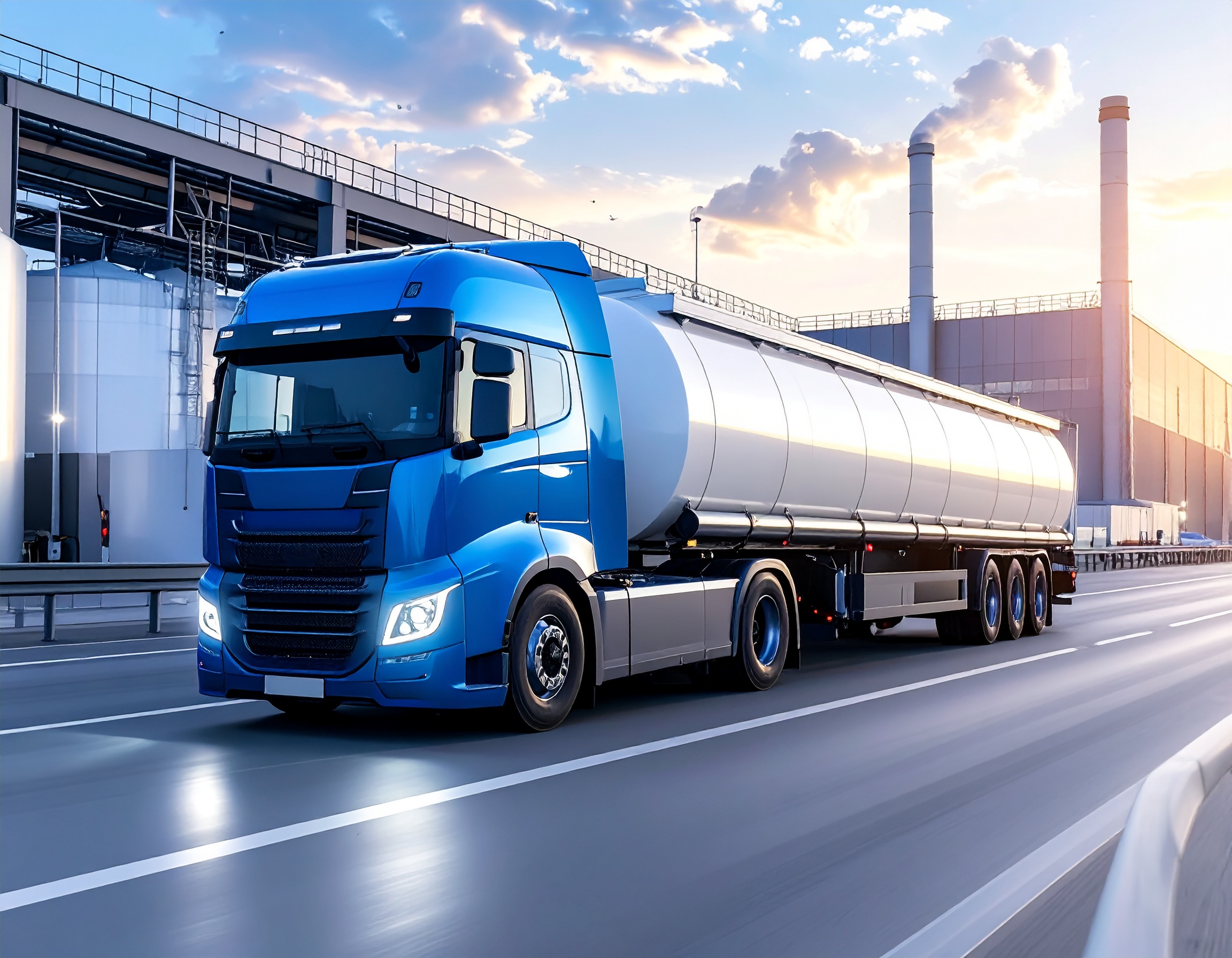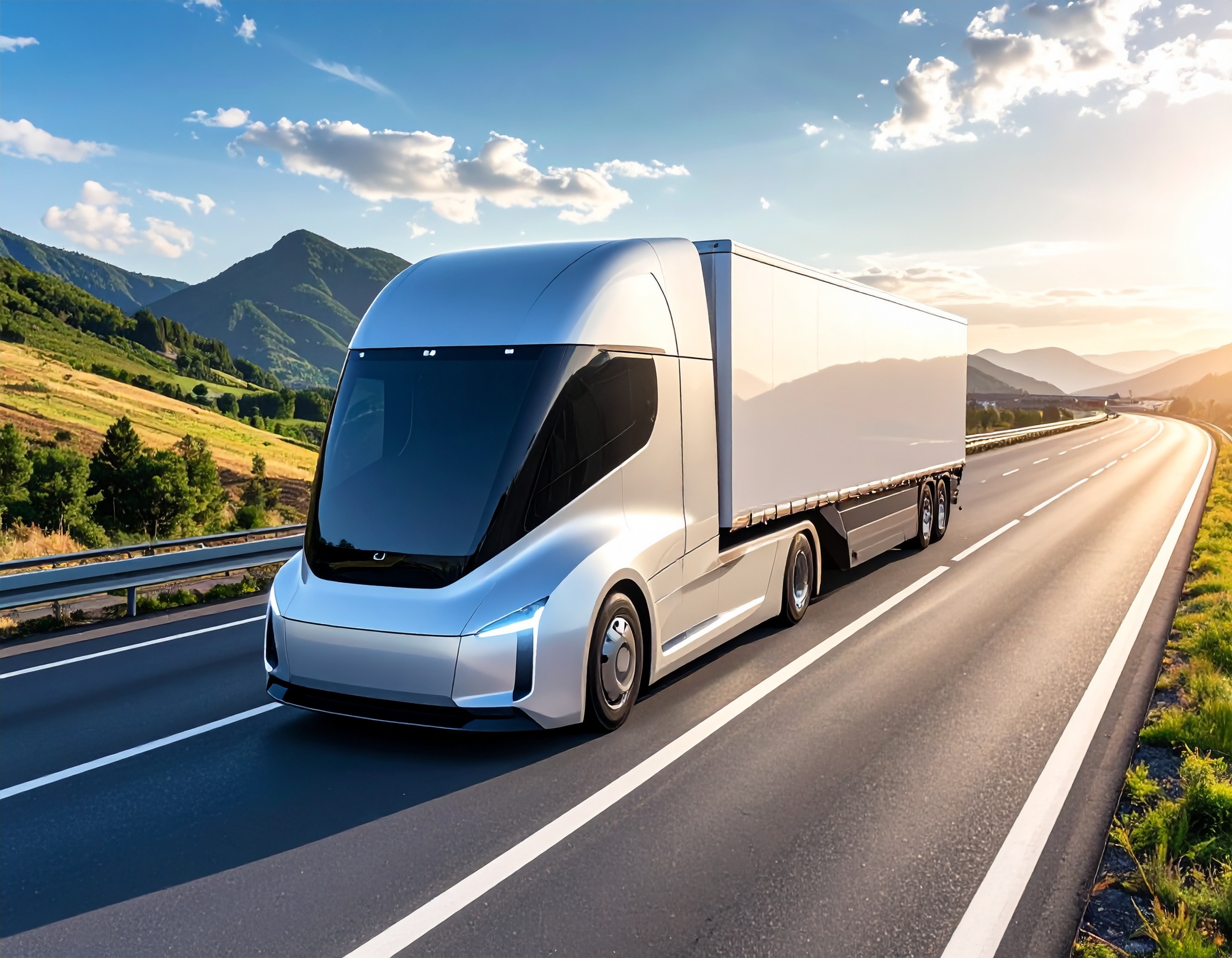Bosch Launches First Hydrogen Fuel Cell Truck for Daily Operations in Nuremberg

Bosch has officially deployed its first hydrogen-powered fuel cell truck in regular day-to-day operations at its Nuremberg plant, marking a significant milestone in the company’s push toward sustainable logistics. The 40-tonne Iveco S-eWay truck is powered by Bosch’s proprietary Fuel Cell Power Module (FCPM) and operated by Schäflein, leased through Hylane, with plans to cover approximately 12,000 kilometres per year transporting goods between Bosch facilities.
Innovative Hydrogen Truck Technology
At the heart of the truck is Bosch’s FCPM, recently nominated for the prestigious German President’s Future Prize. The fuel cell module produces over 200 kW (roughly 270 horsepower) and feeds a central e-axle, assisted by two battery packs for short-term power boosts. The combined system delivers approximately 400 kW, or 540 horsepower, allowing the truck to haul a gross weight of 44 tonnes. Hydrogen is stored in five tanks at 700 bar, holding up to 70 kg, giving the vehicle a range of up to 800 km (500 miles) with refuelling times comparable to diesel and consistent performance even in cold weather.
Real-World Testing for a Hydrogen Future
Bosch’s Nuremberg deployment is not just a showcase—it’s a data-gathering mission to advance next-generation fuel cell systems, including the upcoming Compact 190 and Compact 300 modules. “Operating this truck without issues demonstrates that our fuel cell technology is ready for volume production,” said Alexander Weichsel, Plant Manager, Nuremberg. “The key to a successful hydrogen economy is abundant, affordable hydrogen and robust infrastructure, including here in Bavaria.”
Bosch is actively supporting Bavaria’s Hydrogen Strategy 2.0, working with regional partners to build local hydrogen production and distribution capacity. The Nuremberg trial provides insights into operational reliability, energy efficiency, and system longevity under real-world conditions—short routes, frequent stops, and varying loads.
Scaling Hydrogen Mobility Globally
Production of Bosch’s FCPM began in mid-2023 at the Stuttgart-Feuerbach site, with components sourced from Bamberg and Homburg. Thousands of Bosch fuel-cell systems are already in operation across Asia and North America. Bosch is also developing hydrogen combustion engines for heavy-duty applications and recently introduced its Hybrion PEM electrolysis stacks, marking its first step into hydrogen production technology.
Bosch’s Leipzig plant is preparing a dedicated hydrogen pipeline, linking manufacturing operations directly to supply infrastructure, similar to BMW’s recent initiative. Lessons from the Nuremberg trial will inform future deployments across other Bosch sites in Germany and worldwide.
Driving the Hydrogen Revolution
While one truck may seem modest, Bosch emphasizes that this deployment is a critical proving ground for hydrogen mobility in industrial logistics. By demonstrating reliability, efficiency, and scalability, Bosch is advancing the global adoption of hydrogen fuel cell technology for heavy-duty transport and supporting the broader transition to a zero-emission future.

